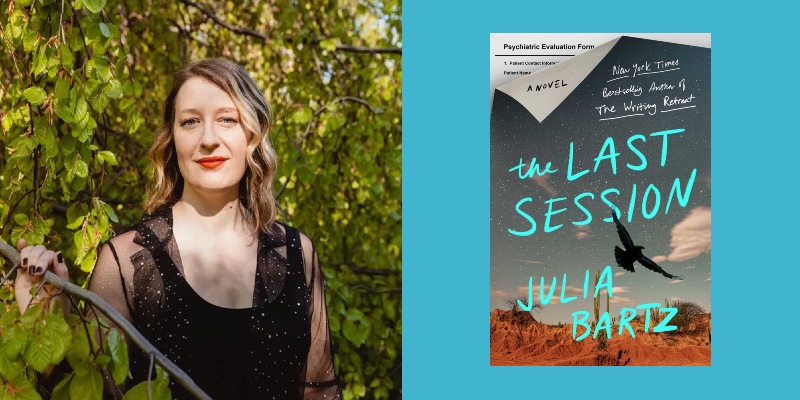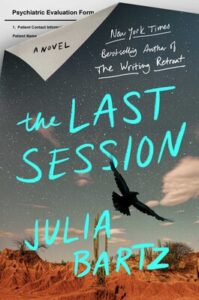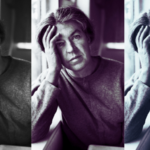During the height of COVID, I found myself watching a lot of TV. Namely: reality dating shows and cult documentaries. Whether I was viewing new couples self-destruct on Love is Blind, or devotees realize the dark truth on The Vow, I couldn’t shake the feeling that there was something underlying both of these genres that made them so engrossing.
As a licensed therapist, I started to clock the relational dynamics and realized there was even more crossover than I’d suspected. Most of the dating contestants or cult members signed up not out of naiveté or greed, but because they were hopeful, optimistic, and longing to connect with others. After bonding with a potential partner or group, they would experience a sense of relief: Finally, I have found my person/my people! A honeymoon period would commence, one in which everything seemed perfect. And then the fantasy would start to crack, and questions around control, manipulation, and reality itself would arise.
My novelist brain began to churn. What if I combined both scenarios? What if a cult promised you your soulmate? Last year, the Surgeon General issued an advisory on “our epidemic of loneliness and isolation.” In an age of disconnection, wouldn’t this offer provoke curiosity, if not outright temptation?
As I dove into cult research, I started realizing not only the amount of cult strategies, but also how pervasive they are, and how many have likely experienced some form of them. There’s a common misconception that people “join” cults, but the reality is that cults recruit people using these sophisticated psychological techniques. Cult expert Steven Hassan (who himself was once in the Moonies cult) shares that while mind control is not always unethical, it crosses a line when the individual has their freedom of choice taken away. In other words, there’s a difference between paying a professional to hypnotize you in order to stop smoking, and being targeted by a group who seeks to make you stop thinking for yourself.
Hassan explains that cults control peoples’ behavior, the information they receive, their thoughts, and their emotions, in order to fully indoctrinate them and cut them off from their intuition. I read about the cult technique of “thought stopping,” which is when cult members are taught to immediately halt “bad” thoughts, including any doubts, in order to bring them mentally back to the party line. This technique is the most direct way to short-circuit a person’s ability to test reality. I thought about my own upbringing at a Christian church and school; in this setting, the “bad” thoughts were called “sin.” When I went back to my junior high journals, also as research, I was saddened to see that in certain entries, I actually wrote that I was going to let myself explore my doubts without censoring myself. I’m sure I still felt guilt for this.
I used both research and my personal experiences to inform what would become The Last Session. In it, a social worker named Thea tracks a missing patient to a retreat center in the remote deserts of New Mexico. Run by a charismatic couple, this center offers attendees a chance to solve their dating and romantic issues with the money-back guarantee of finding their soulmate afterwards. Thea attends a retreat and begins to find actual healing in the sessions, especially around her religious trauma. But she soon realizes there’s something darker happening underneath the surface, and if she’s not careful, she might not make it out of the last session alive.
After I wrote a draft of this novel, I found out about the Twin Flames cult, explored in two separate 2023 documentaries. They also promised their attendees soulmates, with highly disturbing consequences. There are 10,000 active cults in the US, as well as cult-like behavior extends into most of our day-to-day lives. Hassan’s latest book, published in 2019, is called The Cult of Trump, which explains how our current president uses daily deception and mind control. And with the growth of AI and polarization of social media, we must contend with ever more alarming manipulations of reality. My hope is that The Last Session will start conversations we need to have now more than ever.
***


















